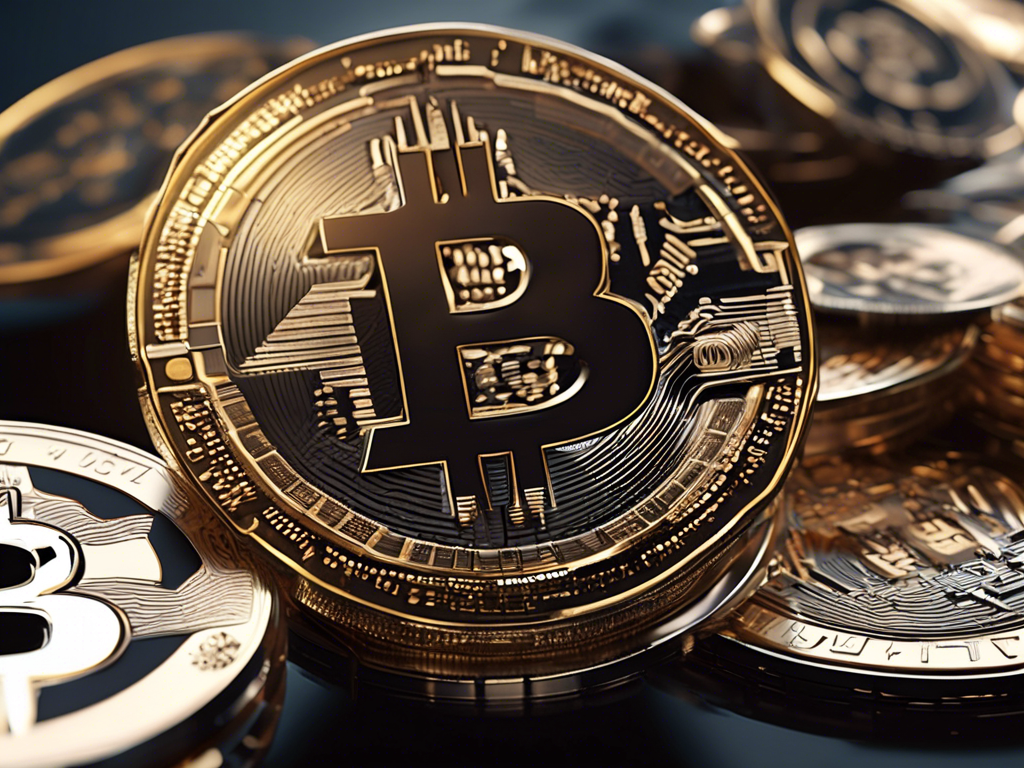The Intriguing Case of Bhutan’s Bitcoin Moves: What Does It Mean for the Crypto Market?
Hey there! It’s great to have you here. You know, when a relatively small country like Bhutan makes waves in the crypto world, it definitely piques my interest, especially as an analyst who’s been closely following the crypto space. Recently, Bhutan transferred a whopping 929 Bitcoin (worth around $66.16 million) to Binance, which has got everyone buzzing. Let’s break down this situation and explore what it could mean for the broader crypto market.
Key Takeaways
- Bhutan transferred 929 BTC, valued at $66.16 million, to Binance.
- This transfer involved two large transactions.
- Bhutan has been mining Bitcoin using its hydroelectric resources since 2019.
- The country’s total Bitcoin holdings reportedly stand at around 12,456 BTC.
- Speculation arises regarding Bhutan’s strategy behind these transfers.
So, why should we care about Bhutan’s Bitcoin sale? Well, it’s all about understanding market psychology and the motives behind such significant transactions.
Bhutan’s Crypto Strategy: A Green Initiative
First off, Bhutan isn’t your average player in the crypto game. Since 2019, the country has been mining Bitcoin by harnessing its rich hydroelectric power. Imagine turning pure, renewable energy into digital gold! It’s not just about making a profit; it’s about strategically enhancing their national reserves in response to global economic changes.
Could this transfer indicate a pivot in their strategy? Speculation is rife. Some analysts suggest Bhutan might be prepping for a market move or cashing out on recent price gains. The last large transfer they made to an exchange was in July, when they deposited 381 BTC to Kraken. So, it seems like they’re not jumping in and out without consideration. But here’s the kicker—there’s been no official word from the government about this decision, which leaves us all guessing!
A Nation on a Different Path
Now, let’s compare Bhutan to nations like El Salvador. Under President Nayib Bukele, El Salvador took a bold stance by adopting Bitcoin as legal tender. Bhutan, however, appears more cautious or perhaps strategic in their approach. They’ve been stacking 1 Bitcoin daily since mid-March, which means they see value in holding BTC as a long-term asset rather than a quick flip. This makes we wonder, could there be a significant lesson in restraint here?
Insights from the Crypto Community
The crypto community seems divided over Bhutan’s moves. User Pledditor commented on social media, suggesting that while El Salvador treats Bitcoin as a revolutionary financial instrument, Bhutan might view it differently—perhaps as a 5-10 year asset flip. This leads me to question, what does the long-term vision for crypto look like from a government perspective?
For potential investors, it’s crucial to keep an eye on how nation-states interact with Bitcoin. Bhutan’s approach might just become a model for other countries—especially those with resources to capitalize on sustainable mining practices. Who knows? If more states start seeing the value in Bitcoin like Bhutan does, we could witness a shift in how governments approach digital currencies.
Analyzing the Market Impact
From a market analysis standpoint, massive transfers into exchanges can often signal liquidation or a position adjustment. If Bhutan is gearing up for a liquidity move, it could impact Bitcoin’s price dynamics, potentially leading to either upward or downward pressures based on how the broader market reacts. Given that BTC was trading around $71,956 at the time of this transfer, a lot is at stake!
For potential investors, here are a few practical tips:
- Stay Informed: Keep an eye on news from small nations making big moves in crypto. Their strategies can indicate market trends.
- Research Historical Data: Look into past performance when countries have made significant Bitcoin trades. How did the market react?
- Diversification is Key: Don’t put all your eggs in one basket. Consider exploring altcoins or other investment opportunities.
- Adopt a Long-Term Perspective: Like Bhutan, sometimes holding onto an asset pays off better than quick trades.
Personal Insights
As I dig deeper into this scenario, I’m struck by the evolution of crypto from something that seemed like just another tech fad to a tool for national strategy. Bhutan’s utilization of Bitcoin as part of their economic shift reflects a stunning marriage between traditional national interests and modern digital assets. It also challenges our preconceptions about who should or shouldn’t be involved in the Bitcoin ecosystem.
Conclusion: Reflecting on Bhutan’s Bitcoin Game
So, what does Bhutan’s Bitcoin sale mean for the crypto market at large? It shows us that even the smallest players can have a big influence, and that the dynamics of crypto are continuously shifting. As global economies reassess their strategies moving forward, we might witness more unexpected moves from other nations.
Now for you, dear reader—what do you think about Bhutan’s approach to Bitcoin? Could it lead to a wave of similar strategies from other countries? Let’s ponder that!





 By
By


 By
By

 By
By